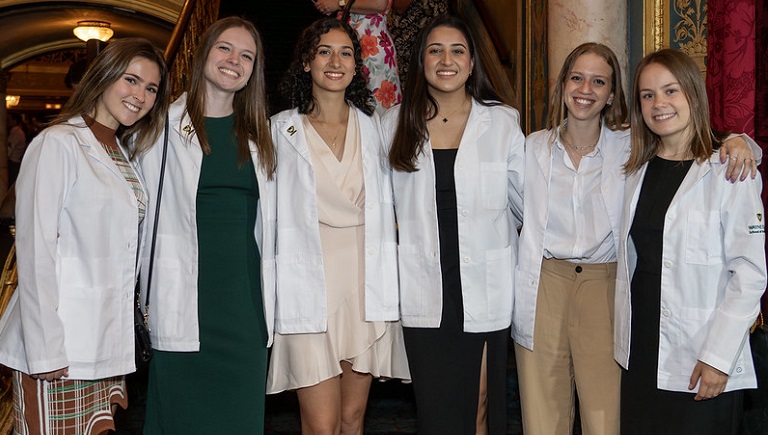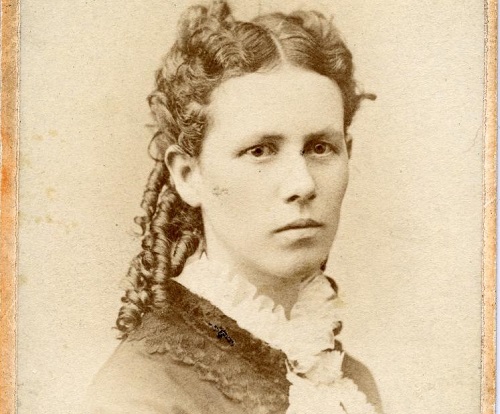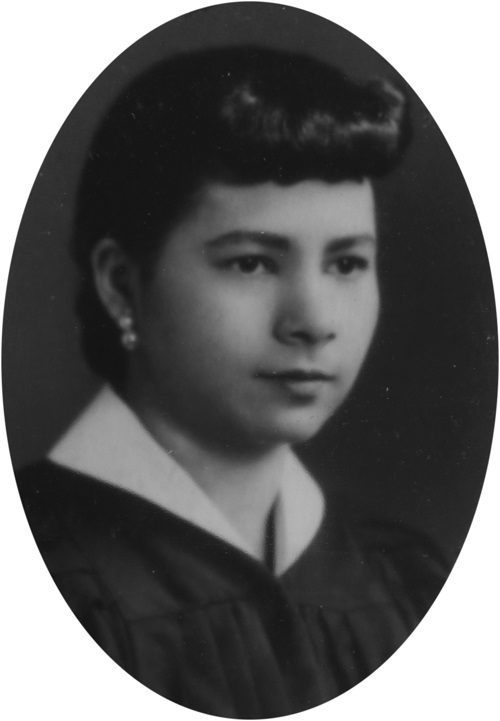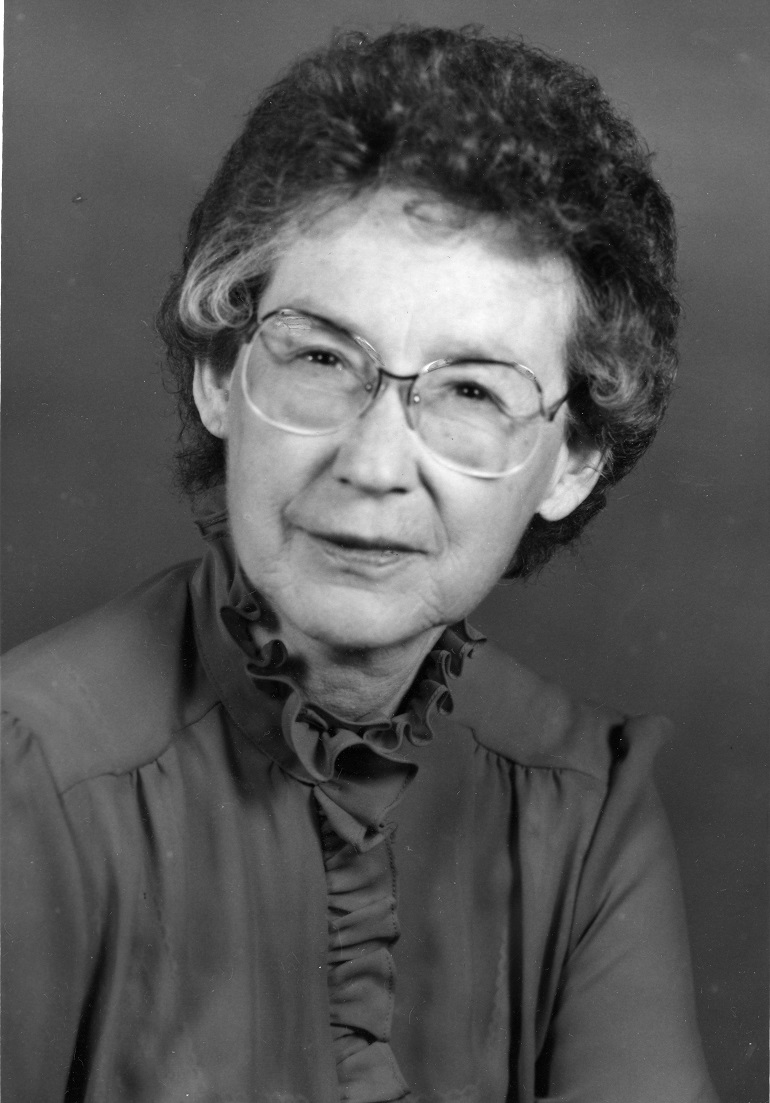
March is Women’s History Month, an annual celebration that highlights the contributions of women to history and contemporary society. The Wayne State University School of Medicine is home to countless outstanding women in medicine and science – physicians, teachers, researchers, mentors, students and more. It is also the site of several programs, offices and organizations developed to support and enhance women’s health, leadership and education. While not a comprehensive list by any means, here are just a few examples from the School of Medicine’s 155-year history that deserve recognition this month, and always.

In 1881, 13 years after the School of Medicine opened, Anna Spencer Rankin, M.D., graduated from the Michigan College of Medicine, precursor of the School of Medicine. She was the first woman to do so. She was elected vice president of the Michigan College of Medicine Alumni Association in 1883. In comparison, the medical school Class of 2027 was more than 50% female-identifying.
In 1886, 17 women from Detroit worked with Charles Devendorf, M.D., a faculty member and Harper Hospital physician and later chief medical officer for Children’s Hospital of Michigan, to form the Children’s Free Hospital Association, which provided beds and clothing for sick children regardless of race, religion or ability to pay.
In 1917, four years after the school was reorganized as the Detroit College of Medicine and Surgery, women were again officially admitted to the medical degree program – three years before women secured the right to vote.

In 1943, Marjorie Peebles, M.D., became the first Black woman to graduate from the College of Medicine. She also became the first Black female resident and chief resident at Detroit Receiving Hospital, and faculty member at the School of Medicine.
Marion Barnhart, Ph.D., a physiology instructor and hematology researcher, in 1951 became the first full-time female faculty member at what was then the College of Medicine. In 1967, she was promoted to professor, making her the first woman at WSU to achieve that rank.
Dr. Barnhart specialized in blood platelet and blood clotting research, and made significant contributions to the treatment of sickle cell anemia. In the late 1960s, she was the first to use scanning electron microscopy to study the pathophysiology of many diseases. She received the university’s first Graduate Faculty Award in 1974.

In 1994, Bonnie Sloane, Ph.D., became the first female chair of a department in the School of Medicine. She served as chair of the Department of Pharmacology through 2015. Dr. Sloane, a distinguished professor, also led the Barbara Ann Karmanos Cancer Institute’s Proteases and Cancer Program.
In addition to conducting her own proteolysis research, Dr. Sloane mentored many researchers, including international scientists. In 2017, the Department of Pharmacology, the School of Medicine and the Karmanos Cancer Institute presented its first international symposium, “Proteases in Cancer Biology,” in tribute to Dr. Sloane. Her work in the field of proteolysis research earned her a Lifetime Membership Award for outstanding contributions from the International Proteolysis Society in 2010. She served as president of the organization from 1999 to 2001, and on its council from 2003 to 2007.
In 2008, Women in Medicine and Science, or WIMS, was founded. The group works to advance women at all career levels by addressing gender equity, recruitment and retention, awards and recognition, work-life balance and career advancement. WIMS regularly hosts events open to all interested faculty, staff and students in academic medicine and science.
In 2014, Anna Ledgerwood, M.D., FACS, professor of Surgery, was elected the first female president of the American Surgical Association. She joined the faculty in 1972 and served as trauma director for Detroit Receiving Hospital, and a trauma site visitor to verify hospitals as trauma centers for the American College of Surgeons. She is a frequent guest lecturer at other medical schools and has a special interest in promoting women in the field of surgery.

In 2019, the American Medical Women’s Association’s student organization at the School of Medicine was selected as one of only three sites selected to pilot IGNITE, a national program developed by female physicians to provide female medical students with skills and resources to help prevent burnout and conquer the challenges faced by women in medicine throughout their careers.
Later that year, the university launched the Office of Women’s Health, a comprehensive approach that Sonia Hassan, M.D., associate vice president of Women’s Health, founded to improve the health of women through a deep dive into medical research affecting more than half the population of Michigan and the nation, a segment often unintentionally overlooked in research. The office works to improve the health of women to maximize the opportunity for families to thrive and achieve economic security. It also empowers women to lead their healthiest lives through all stages of life by implementing five core pillars: education outreach, research and development, the implementation of science, working to place more women in scientific research and helping to develop policy.
The School of Medicine opened a Maternal Support Room within Scott Hall, coinciding with National Breastfeeding Awareness Month. Room 2103, the first of its type on the medical campus, was celebrated with an Aug. 10, 2020, ribbon-cutting ceremony. Based on insights derived from a student-led study, including data from working and student mothers and an investigation of lactation spaces available at WSU, the study was released in conjunction with the opening of the new room. Understanding the difficulty mothers face as they endeavor to nurse for their infant’s health while working or completing their education, students and faculty associated with the study acted on their findings and presented the need for additional lactation and nursing spaces.
In 2021, the School of Medicine became home to a new student organization dedicated to female medical students and physicians who juggle another full-time job at home – being a mother. Moms in Medicine was established by Class of 2024 medical student Zahra Alburkat.